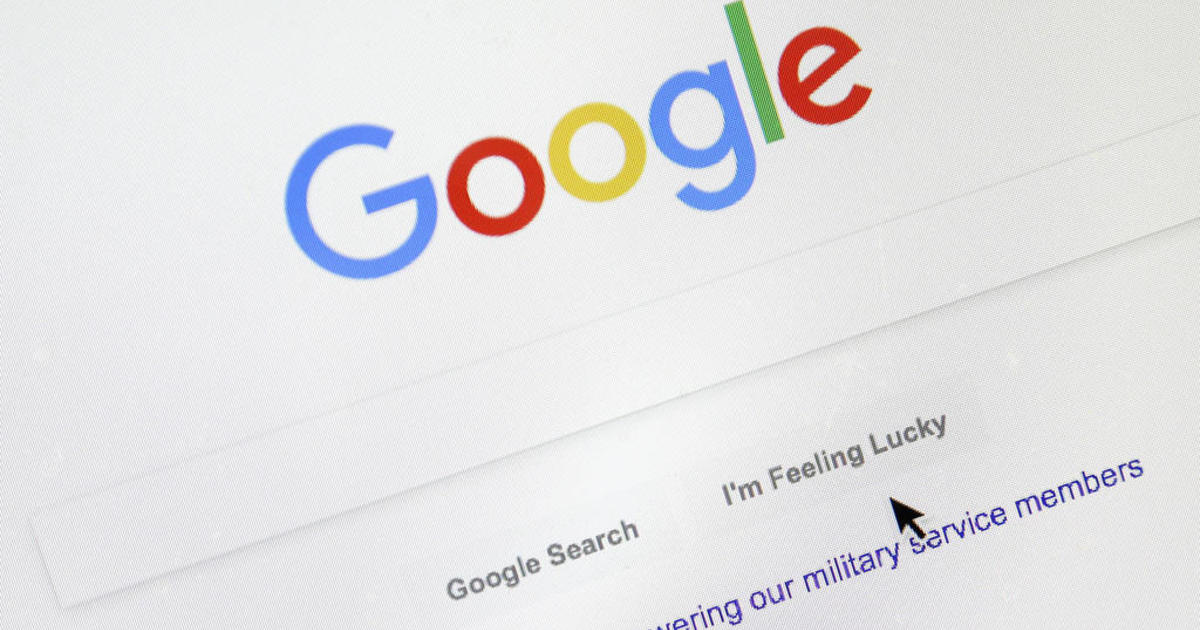The US Department of Justice’s double-barreled antitrust attack on Google’s dominant search engine and Apple’s trend-setting iPhone is reviving memories of the epic battle that held Microsoft back before it roared back to become the world’s most valuable company once again.
The parallels with the Justice Department’s landmark 1998 antitrust case could provide insight into the potential breakthroughs that could be unleashed if regulators succeed in their efforts to crack down on Google and Apple.
Federal lawyers have even gone so far as to argue that Google and Apple might never have made as many popular products or become as powerful as they are today had Microsoft not been reined in a quarter-century ago.
To conclude the arguments of a trial in Washington, DC that began last SeptemberOn Thursday, regulators will finalize a case alleging that Google turned its search engine into an illegal monopoly that stifles competition and innovation. The Apple case, which was submitted only a month agois still years away from a resolution.
Although regulators have filed separate complaints against Google and Apple, the two cases have been overshadowed by Microsoft’s legal saga that began when both were just specks on the technology landscape.
When they went after Google in October 2020, regulators compared the lucrative deals the company made with Apple to tie its search engine to the iPhone and Safari web browser to the same tactics Microsoft used in its personal computer software to block competition.
And in the antitrust cases it filed against Apple last month, the Justice Department has revisited complaints that company co-founder Steve Jobs made in 1998 against Microsoft’s “dirty tactics” while urging regulators to urged to take steps to force the PC software maker. to play fair.”
And that’s what the Justice Department did in an antitrust case against Microsoft, creating enormous distractions and opening the door for Google’s search engine to become the main gateway to the Internet. It also culminated in a series of concessions that paved the way for Apple to expand the reach of its iTunes music store, increasing the popularity of the iPod, which spawned the iPhone.
The Microsoft case “created new opportunities for innovation in areas that would become critical to the success of Apple’s consumer devices and the company itself,” the Justice Department crowed in the lawsuit that blasts the iPhone as an illegal monopoly.
After years of largely fruitless attempts to compete with Google’s search engine and the iPhone under Steve Ballmer, Microsoft began regaining its ascendancy when Satya Nadella became CEO in 2014.
Earlier this year, Microsoft’s market value reached $3 trillion for the first time, surpassing Apple as the world’s most valuable company as it took an early lead in artificial intelligence technology that is expected to reshape the world.
It’s an odd combination that has regulators taking on two companies they helped build as they caged a behemoth that is now seeking the mantle in technology’s next frontier.
But it’s also a scene that antitrust experts cite as evidence that the system is working to create more robust competition that breeds innovations. And then those breakthroughs sometimes serve as building blocks for new monopolies that must ultimately be challenged by regulators, even as fallen empires like Microsoft can still find ways to reinvent themselves.
“It’s not about an agenda to chase and destroy companies, it’s about trying to restore competition to a market,” said Rebecca Haw Allensworth, a law professor at Vanderbilt University who focuses on issues in the field of antitrust law. “What happened with the Microsoft case is a success story that can also provide a blueprint for Apple and Google when people wonder why America is trying to destroy its most successful companies? Microsoft has done a great job after filing a major antitrust claim against the company. “
The Justice Department’s landmark case against Microsoft wasn’t the first time an antitrust case became a springboard for other companies to emerge as dominant forces that must eventually be brought together as well.
For example, separate antitrust lawsuits filed against IBM in 1969 and AT&T in 1974 helped pave the way for Microsoft and Apple to spark the personal computer revolution, which then spawned the Internet boom that was followed by the smartphone explosion.
Those are the kinds of innovations that have fueled economic growth and society-changing products that might not have happened if antitrust regulators had stayed on the sidelines while IBM and AT&T continued to exploit their respective monopolies, says Fiona Scott Morton, an economics professor at Yale University.
“If you innovate successfully, you can grow like crazy, but 20 years later it’s hard to keep growing the way you were,” says Scott Morton, once chief economist at the Justice Department’s antitrust division. “So instead of just relying on innovation, you realize, ‘Hey, we have a lot of market power, we can use that to increase profits.’
“It’s very normal for this to happen repeatedly and regulators have to say, ‘No, that part is not allowed, you have to compete on the merits.’ And often if you manage to create more competition, someone else wins the next race.”
After closing arguments in the Justice Department’s antitrust case against Google conclude this week, U.S. District Judge Amit Mehta is expected to issue his ruling in late summer or early fall. Meanwhile, the case against Apple will continue to develop in New Jersey federal court as antitrust regulators investigate whether Microsoft is once again crossing the line to gain an unfair advantage in the still nascent field of AI.






